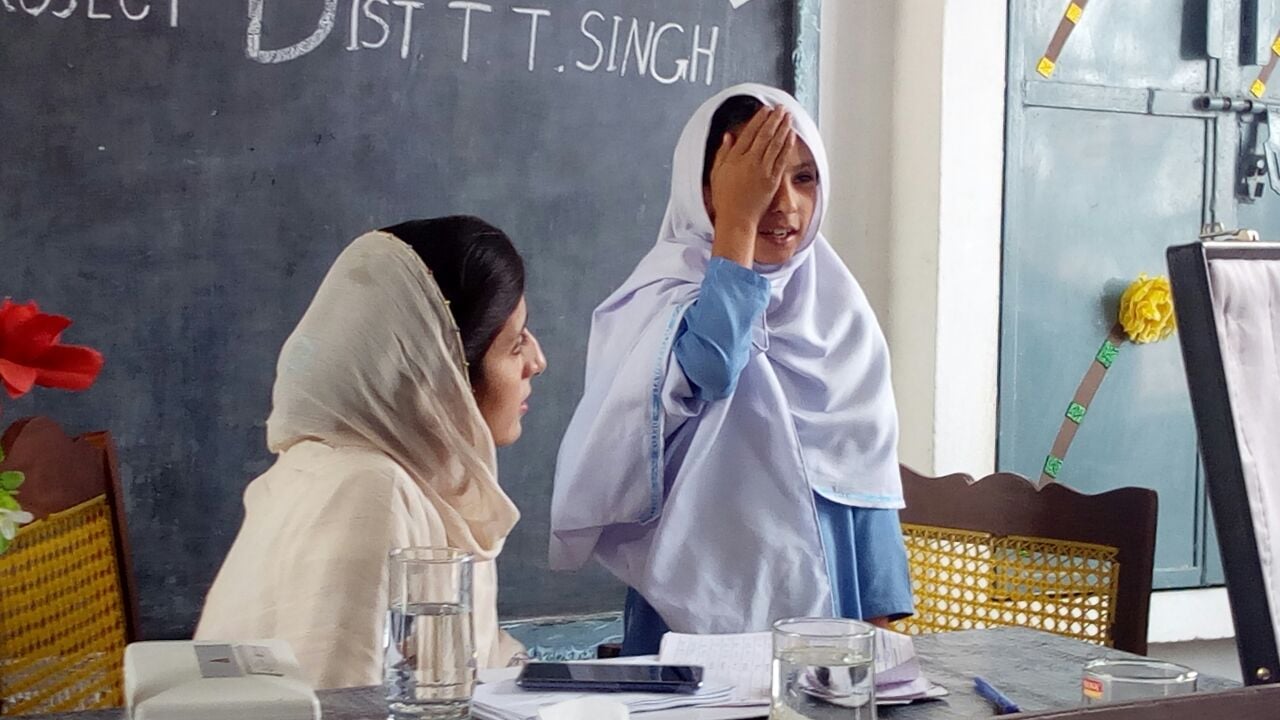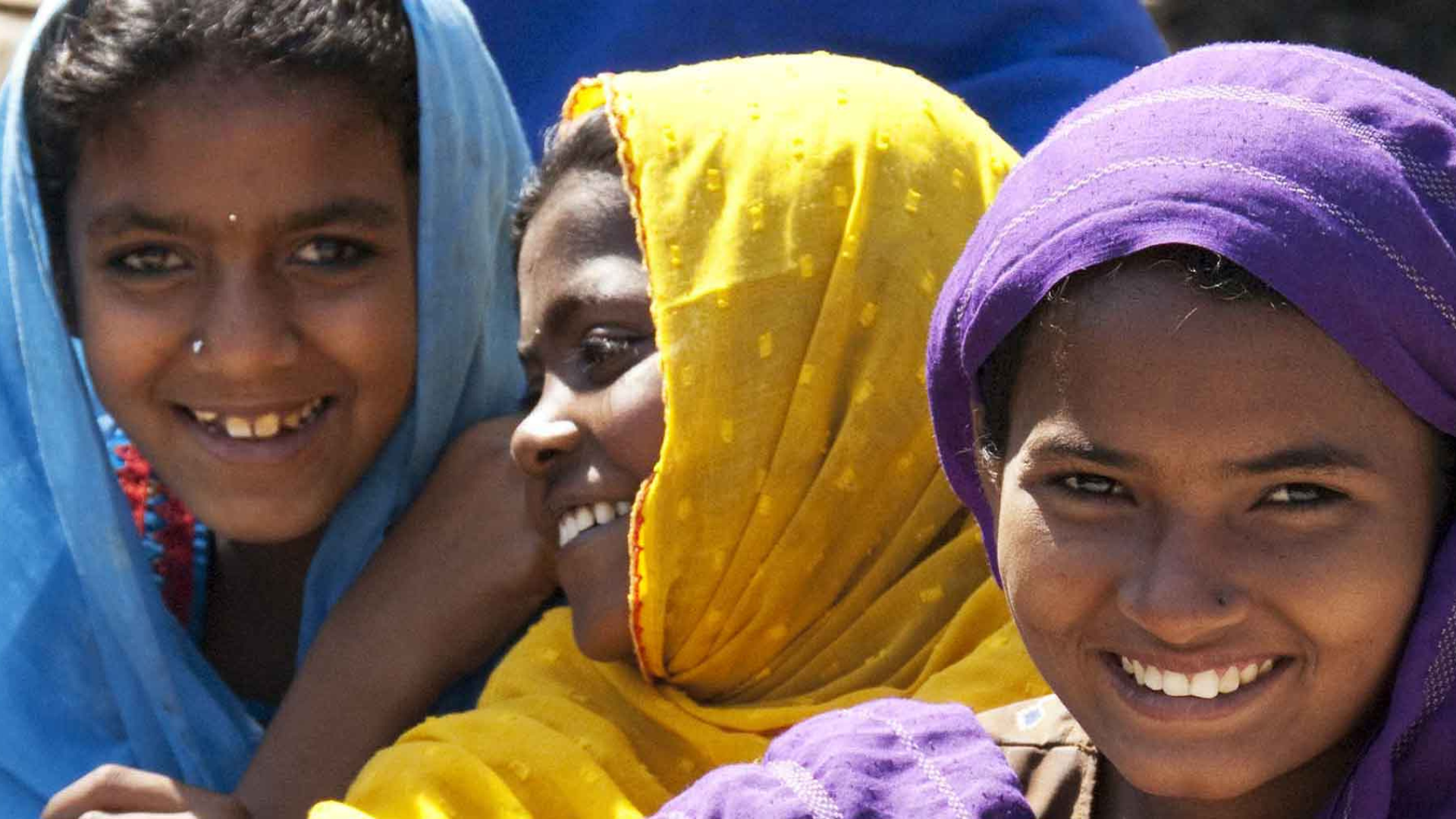Our work in Pakistan
More than two million people in Pakistan are living with blindness and visual impairment, with cataract the leading cause of avoidable blindness for people 50 years and older. Nearly 42% of school children have conditions related to refractive error.
Although more than 85% of blindness in Pakistan is avoidable for people who are 30 years of age or older, accessing efficient and affordable comprehensive eye care services remains a challenge. This is mainly due to a lack of human resources, health financing, equipment and adequate services allocations.
- 47.9% of blindness in Pakistan is caused by cataract
- More than 1.8 million people in the country are blind
- 96,000 children are blind
- Retinal disease is the leading cause of visual impairment among children
We are working with our partners to end avoidable blindness by investing in eye health workers and advocating for a comprehensive and integrated eye care system.
The Fred Hollows Foundation has been working in Pakistan since 1998 and has restored sight to millions of people, with almost 6 million people accessing eye health care services.
The Foundation was one of the key organisations that contributed to halving the blindness rate from 1.8% to 0.9% or people (1.8 million to 1.3 million) in less than 15 years.
Currently, The Foundation and its partners are focusing on treating diabetic retinopathy, refractive error and cataract through comprehensive eye care programs for agricultural and female cottage workers, and helping to reduce poverty by eliminating trachoma and improving early intervention.
The Foundation's Pakistan program is partially supported by the Australian Government through the Australian NGO Cooperation Program (ANCP).
The Foundation is working in 10 districts across Punjab, Sindh and Khyber Pakhtunkhwa provinces.

In 2024, The Foundation and its partners made great progress in key strategic areas in South Asia and the Middle East:
1,044,706
People screened.
163,853
Eye operations and treatments performed including 100,263 cataract operations, 4,849 diabetic retinopathy treatments and 58,741 other sight saving or improving interventions.
66,729
Pairs of glasses distributed.
7,581
People trained including community health workers, surgeons, clinic support staff and teachers.
235,608
School children and community members educated in eye health and sanitation.
243
Facilities built, equipped or renovated.
The countries in South Asia and the Middle East that The Foundation works in are Pakistan, Bangladesh, Myanmar, Nepal, the Occupied Palestinian Territories, Jordan and Afghanistan.
